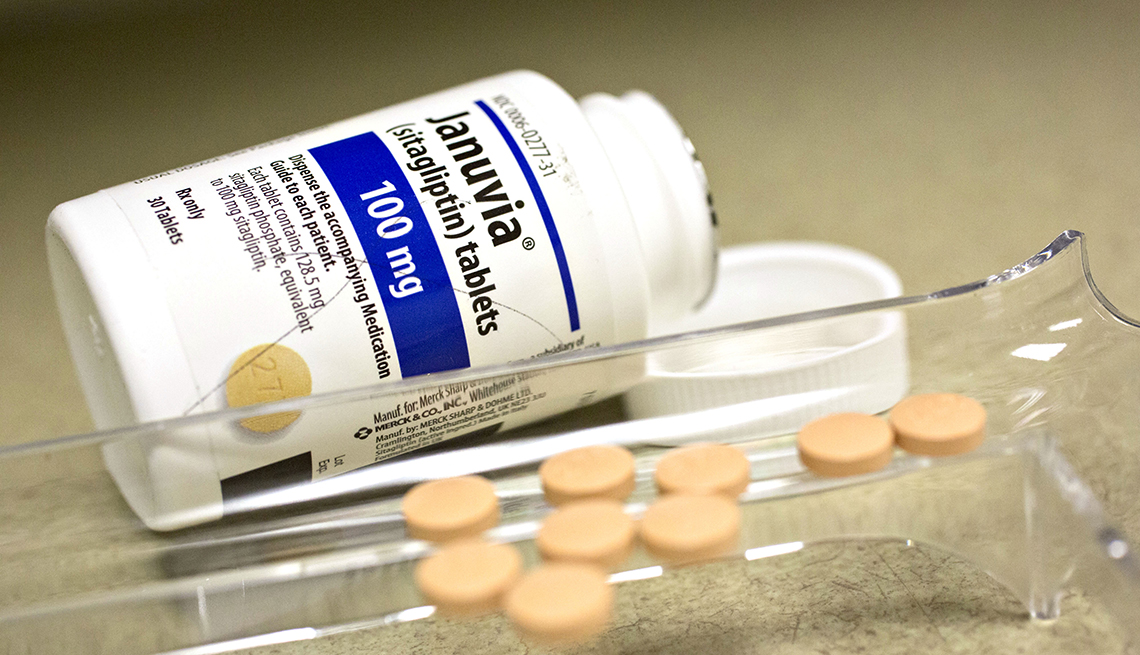
- Select a language for the TTS:
- UK English Female
- UK English Male
- US English Female
- US English Male
- Australian Female
- Australian Male
- Language selected: (auto detect) - EN
Play all audios:
* RESEARCHERS DISCOVERED MOLECULES IN THE BLOOD THAT PREDICT BIRTH COMPLICATIONS * TEST CAN ALSO PREDICT IF A PREGNANT WOMAN IS AT RISK OF DEVELOPING PRE-ECLAMPSIA * UNTIL NOW, PREVENTION
HAS BEEN A 'SIGNIFICANT CHALLENGE' FOR DOCTORS TO IDENTIFY * SYMPTOMS FOR SUCH CONDITIONS GENERALLY APPEAR IN SECOND TO THIRD TRIMESTERS By COLIN FERNANDEZ, SCIENCE CORRESPONDENT
IN TEXAS FOR THE DAILY MAIL Published: 19:44 EDT, 31 October 2017 | Updated: 03:31 EDT, 1 November 2017 A new blood test could predict from the earliest stage of pregnancy whether a woman
will go on to suffer a miscarriage. The test, carried out in the first 12 weeks of pregnancy, can also predict if a woman is at risk of giving birth prematurely or developing pre-eclampsia,
a potentially fatal condition causing high blood pressure. Researchers discovered molecules in the blood that predict these birth complications with up to 98 per cent accuracy. More
research is needed before the test could be rolled out – but the findings have been hailed as 'very promising'. Being able to establish if a woman is at risk of such conditions
could allow doctors to act early to prevent them. Around one in four women in the UK suffer a miscarriage, while complications including pre-eclampsia and premature birth can cause long-term
damage to both mother and baby. WOMEN WHO DO YOGA ARE MORE LIKELY TO BECOME PREGNANT Women trying for a baby who do yoga are more likely to become pregnant, scientists found. More than 100
women who had already gone through one unsuccessful round of IVF using frozen embryos were randomly assigned into two groups – one did no yoga while the other did it for three months. The
ASRM meeting heard 63 per cent in the yoga group became pregnant compared to 43 per cent in the control group. It is thought this could be because yoga helps to reduce stress. The research
was carried out by Akanksha IVF Centre in Delhi. Until now, prevention has been a 'significant challenge' as symptoms generally only appear in the second to third trimesters – from
the 13th week of pregnancy. But the US scientists said the underlying problems are thought to start as early as the first week of pregnancy in the placental bed – a membrane that connects
the mother's blood vessels to the placenta. They found signs of future problems could be detected in the first trimester – the first 12 weeks – before symptoms appeared. The blood test
screens for molecules called microRNA, which are found in blood cells in the placental bed. These are thought to indicate problems with blood supply, which can trigger birth complications.
The team, from the Laboratory for Reproductive Medicine and Immunology in San Francisco, presented their findings to the annual congress of the American Society for Reproductive Medicine
(ASRM) in San Antonio, Texas. They looked at 160 pregnancies, of which 101 had no complications while the others were affected by miscarriage, early onset pre-eclampsia and premature birth.
Examining microRNA at various points during pregnancy, they found accuracy rates typically ranged between 90 and 98 per cent for predicting all the conditions except for pre-eclampsia, which
was 82 per cent accurate. The authors, led by Edward Winger, wrote in their research summary: 'These complications pose a serious risk to both maternal and infant health. Our analysis
supports the idea that [they] have a common biological origin early in the first trimester that can be detected throughout the first trimester. Ours is the first to use microRNA to
successfully predict multiple pregnancy disorders with high specificity.' Professor Simon Fishel, an IVF pioneer and managing director of fertility clinic Care Fertility, said the
finding could help save some pregnancies, adding: 'Obstetricians have means to help manage such disorders and early recognition of these complications is vital. Further support and
evidence for this biomarker could indeed be an important tool in the management of these high risk pregnancies.' He said that if microRNA is a warning of blood flow problems, potential
treatments could include blood-thinning drugs such as heparin. Tim Child, associate professor of obstetrics and gynaecology at Oxford University, called for more research, saying the numbers
in the study were 'quite small' and it is 'not at the stage yet where you could start to us it as a clinical tool'. But he added: 'The statistical relationship is
very, very strong – surprisingly strong, to be honest. It's certainly very promising.' Barbara Hepworth-Jones, of the Miscarriage Association, said: Much research is still needed
... but this holds real hope for the future.' I'VE LOST 15 BABIES IN 18 YEARS Kerry Perkins, 37, is among the 250,000 women in Britain each year who suffer a miscarriage. But
unlike most, she has endured this agony again and again. Since she started trying for a baby when she was 19, she has had 15 miscarriages – including two late ones, both girls, at 16 weeks.
Although it is still rarely discussed openly, around one in four pregnancies end in miscarriage. Mrs Perkins has polycystic ovary syndrome, a hormonal imbalance that affects ovulation, and
endometriosis, a condition where womb tissue grows outside the uterus, both of which are thought to increase the risk of miscarriage. Mrs Perkins, who lives in Milton Keynes with husband
David, 46, has had fertility treatment – but to no avail. She tried support groups to help with her grief, but said: 'When I told them how many miscarriages I'd had, I felt as
though they recoiled from me, like it was catching. I have felt so isolated in my grief. I feel like a failure as a woman.' Mrs Perkins, who doesn't drink or smoke, said she will
continue trying to start a family.








